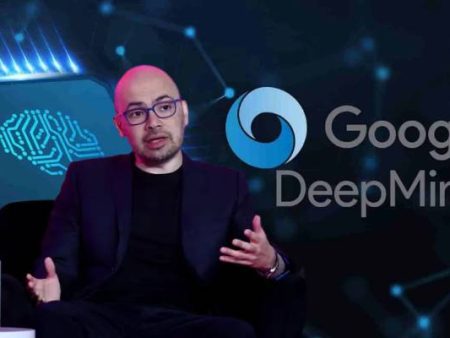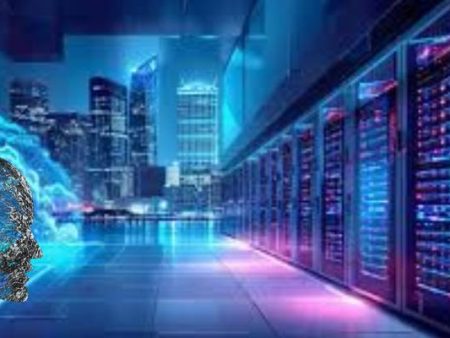At this year’s United Nations General Assembly, global impact entrepreneur Kunal Sood unveiled AudacityAI, an ambitious initiative designed to merge ethical values with cutting-edge artificial intelligence.
The launch wasn’t your typical tech debut—it was framed as a movement for moral courage and conscious innovation, a call for AI to evolve with humanity rather than against it.
The platform’s introduction, which took place before an audience of global leaders and changemakers, marked a symbolic moment in the broader debate on the soul of machine intelligence, as highlighted in The Economic Times report.
The premise of AudacityAI is simple yet radical: what if technology could think, act, and learn with empathy? Sood’s message stood out in a world where AI headlines often revolve around profit margins and productivity metrics.
His vision ties directly into the ongoing conversations at the UN about creating global standards for ethical AI.
Just last month, UN Secretary-General António Guterres emphasized the growing urgency to ensure that AI “serves people and upholds universal values,” warning that technology could otherwise outpace the structures meant to keep it in check.
India’s role in this global narrative cannot be overstated. The country’s AI sector is projected to reach $40 billion by 2030, according to a PwC India analysis, positioning it as one of the world’s fastest-growing ecosystems for artificial intelligence.
Yet, with that growth comes responsibility. As Sood’s initiative suggests, the future of AI isn’t just about scalability or innovation—it’s about conscious creation.
This idea of “ethical engineering” aligns with how some of the most prominent AI labs are evolving their frameworks.
Take, for instance, the concept of constitutional AI introduced by Anthropic, which guides models like Claude to make decisions aligned with human values.
Their recent Claude Sonnet 4.5 update reflects how leading AI developers are trying to design reasoning systems that aren’t just powerful, but also principled.
Still, not everyone is convinced. There’s a growing divide between those who see ethical AI as a genuine necessity and those who view it as a public relations shield for tech companies.
Analysts writing in MIT Technology Review have warned that “ethics washing” may become the next big issue in AI governance—a trend where corporations preach responsibility but continue to chase unchecked data collection and algorithmic dominance.
Sood’s AudacityAI attempts to flip that narrative. It isn’t just another platform promising smarter algorithms; it’s a philosophy in motion. His emphasis on merging “ancient wisdom with modern intelligence” feels almost poetic in today’s hyper-digital age.
Whether this effort becomes a blueprint for AI with heart—or fades into the noise of corporate initiatives—will depend on how well it holds up when ethics meet economics.
In the end, the AudacityAI launch wasn’t just a tech event; it was a moment of reflection. As AI systems inch closer to autonomy, the real challenge lies not in teaching them to think faster, but in ensuring they learn to think better.
The world doesn’t need machines that mirror our intelligence—it needs ones that mirror our humanity.


